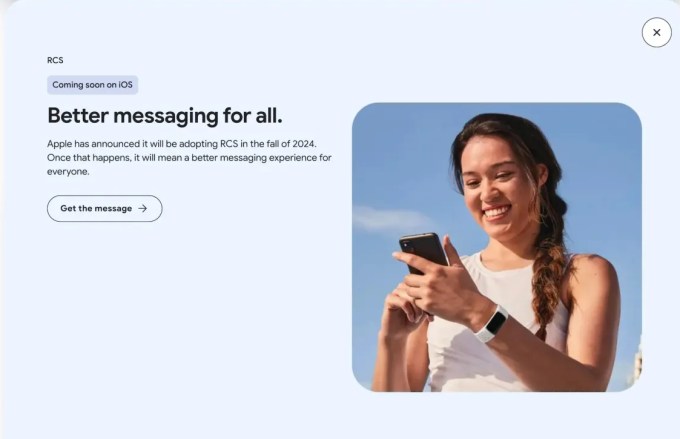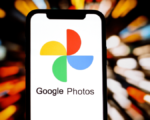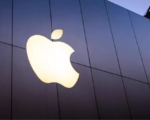Google Teases Apple’s Potential Support for RCS Messaging by Fall

The revelation that Apple is planning to introduce Rich Communication Services (RCS) support for iPhones in the upcoming iOS 18 update was briefly shown on a section of the new Google Messages page, as reported by 9to5Google. This suggests that Apple intends to extend RCS support to iPhones, potentially enhancing messaging capabilities for iOS users.
The section on the Google Messages page outlined the benefits of RCS, with one subsection labeled “coming soon on iOS” under the heading “Better messaging for all.” Although the specific card is no longer visible on the page, it has been confirmed that the text pertaining to Apple’s RCS support remains in the page’s source code.
The description highlighted that Apple has announced its intention to adopt RCS in the fall of 2024, suggesting that once implemented, it will lead to an improved messaging experience for all users. This move by Apple could potentially align iOS messaging capabilities more closely with those available on Android devices.

Last November, Apple officially confirmed its plans to introduce support for Rich Communication Services (RCS). While the company did not provide a specific timeline at the time, it indicated that the compatibility would be implemented “next year,” suggesting a potential rollout in the near future.
For some time, Google has been advocating for Apple to adopt RCS in order to bridge the gap between Android and iOS messaging experiences, often referred to as the “Green bubble-blue bubble” differentiation. While RCS adoption won’t entirely resolve this issue, it will enable Android users to send high-resolution media to iPhone users through the native text messaging app on Android devices.
In addition to Apple’s RCS support, Google has been advancing RCS features, including the introduction of a profile feature, Photomoji, and enhancements to audio quality for voice notes. Google reported that approximately 1 billion people were using RCS on a monthly basis, highlighting the widespread adoption and importance of this messaging standard.





















